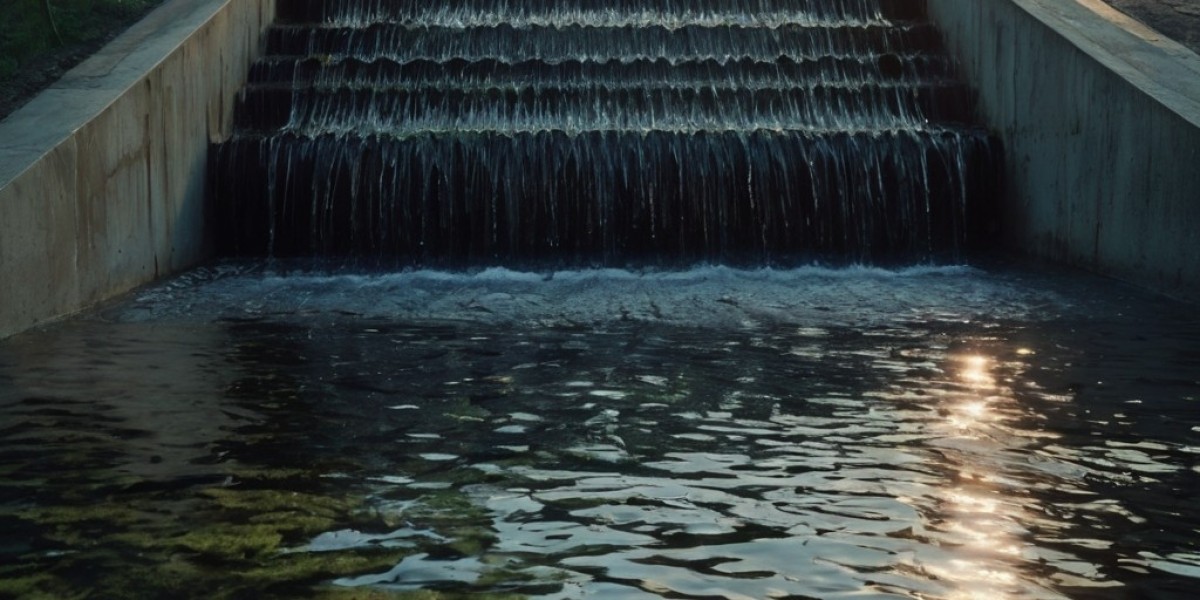The Saudi Arabia water recycling market size is experiencing significant growth. It is owing to the rising need for clean water and increasing environmental concerns. Water recycling is significantly essential for securing drinking water and safeguarding public health. It is by eliminating harmful pollutants from water or industrial discharges.
The treatment systems are particularly indispensable for municipalities and agriculture to manage water effectively. It is also in line with increasingly stringent environmental standards. With the growing industrialization and urban development there has been an increasing demand for water recycling solutions.
Growing Water Shortages
The escalating water scarcity issue is a major driver behind the rising demand for the Saudi Arabia water recycling market. The growing freshwater scarcity particularly in dry regions and urban centers is prompting governments to invest in better technologies. It is specifically to secure access to clean water. This is basically crucial for making water safe for consumption. This also ensures its availability for agriculture and industrial use.
Stringent Environmental Rules
The growing focus on environmental regulations alongside growing concerns about pollution are further accelerating market growth. Increasing water pollution concerns are therefore accelerating the need for water recycling technology. To adhere to discharge limits and promote water reuse safety many industries are increasingly investing in treatment equipment owing to these regulations.
Why is It Important?
The Saudi Arabia water recycling market is significantly gaining popularity because many stakeholders increasingly recognize its benefits.
- Minimize environmental footprint
Across diverse industries filter presses are important in dewatering and separating solids and liquids. Many industries are focusing on water conservation and reusing wastewater. Major mining processing companies are also utilizing advanced filter press technology to manage mine tailings innovatively. It is by dry stacking them rather than relying on tailings ponds. That is because tailings ponds cab significantly present environmental threats. That includes contaminant leaks into drinking water supplies and disturbance to aquatic ecosystems. - Less demands on freshwater
The agriculture sector is a major water user. Recycling wastewater can therefore alleviate the need for freshwater resources for crop irrigation and commercial landscaping. Recycled wastewater further presents an affordable option. It basically eases the burden on freshwater sources like rivers or groundwater. It is especially crucial in regions that face challenges like water shortages. - Diminish the need to move water
Recycling industrial wastewater onsite is no longer just a disposal concern. It can be a smart business approach which enhances profitability and operational efficiency. Recycling wastewater onsite for various industrial processes further allows facilities to save considerably on the expenses related to transportation and energy. These are generally high when sending wastewater offsite. Recycling wastewater basically offers an affordable solution to meet the substantial water demands in across industries. It is especially since many sectors rely heavily on water. - Better sustainability
Even though sustainability is a common term but its full implications are not always clear. Simply put it basically means satisfying todays needs without harming ability for future generation to meet their own. Sludge dewatering which generally involves separating the liquid from the solid waste is a sustainable solution. This therefore enables water reuse and provides an affordable method for the dry cake disposal. This particularly contains solids in high concentration that cannot be reused. It also may pose environmental hazards without proper handling. - Preventing costly penalties for non compliance
Reducing pollution and benefiting the environment is a significant advantage from utilizing filtration technologies. This can further facilitate the wastewater reuse and recycling. Additionally incorporating water reuse practices helps use avoid the expensive penalties that can come from failure to meet wastewater discharge standards. Focusing on sustainability is therefore a smart business strategy that drives profitability.









